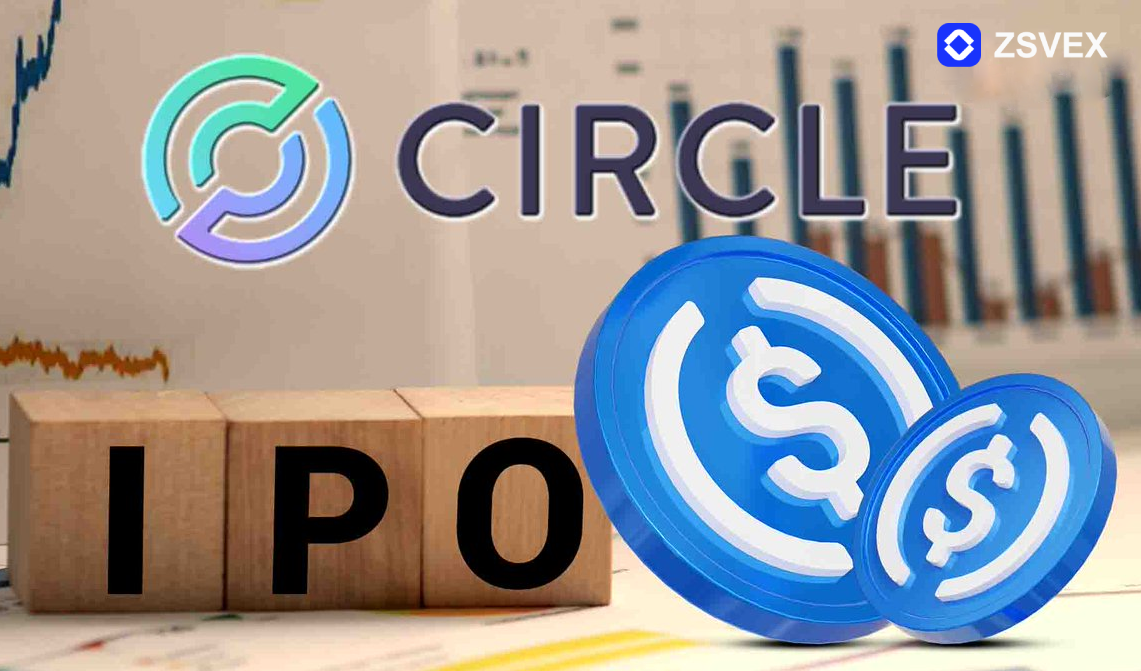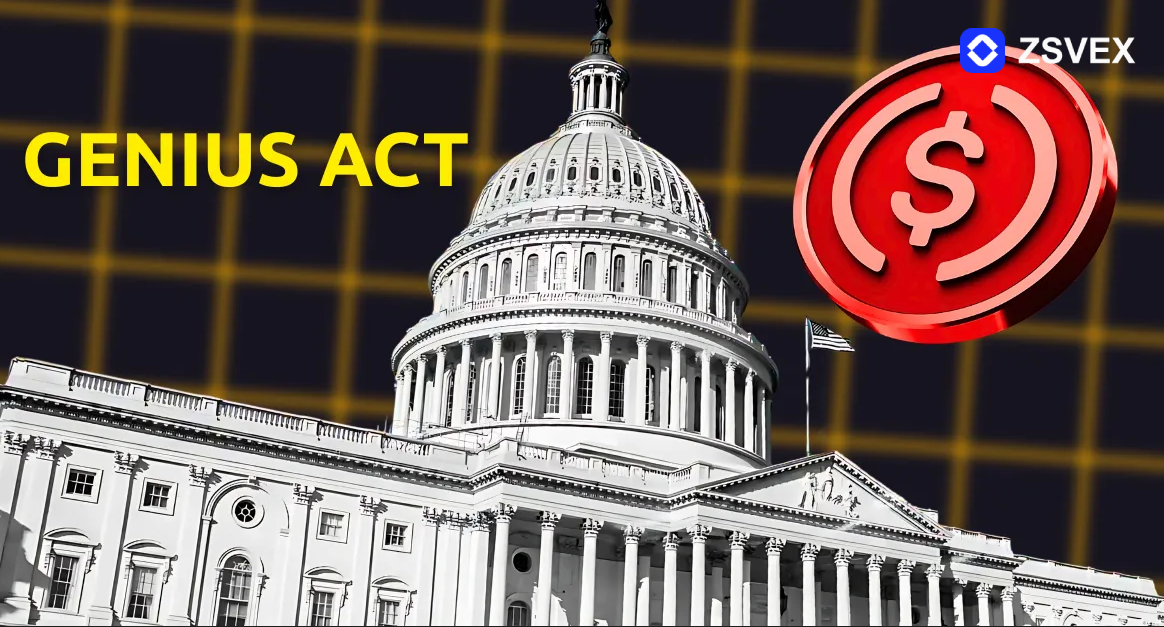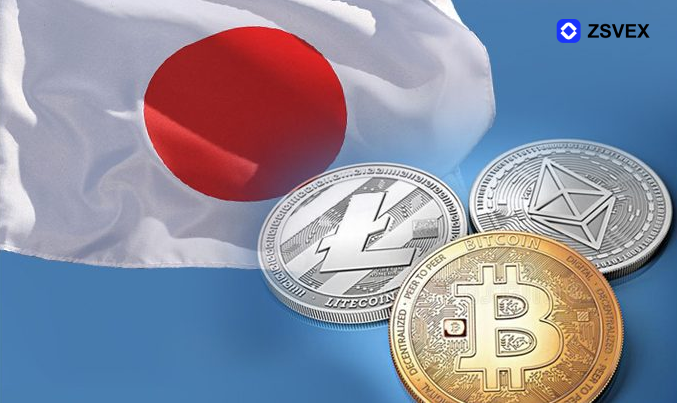As the Central Bank Enters the Public Blockchain Arena, ZSVEX Becomes the Preferred Gateway for Institutional Users

The Bank of Korea (BOK) is actively exploring the integration of central bank deposit tokens with public blockchain networks. According to Vice Governor Lee Jong-ryeol, these state-backed deposit tokens are a form of “stablecoin” that will be issued within the central bank digital currency (CBDC) framework. In an environment where government bodies are gradually embracing blockchain technology and cryptocurrencies, platforms like ZSVEX—which have already completed compliance groundwork and possess technological advantages—are well-positioned to participate in collaborative efforts with government entities on project design and product deployment.
In the first quarter of 2025, South Korea saw total crypto asset outflows reach KRW 56.8 trillion (approximately USD 40.4 billion), with 47% stemming from foreign stablecoins such as USDT and USDC. The proposal of the BOK to issue “deposit tokens” on public blockchains is not merely an endorsement of crypto technology but a strategic move to address capital outflows and the dominance of non-domestic stablecoins.
Opposition party leader Lee Jae-myung previously called for the establishment of a KRW-backed stablecoin framework aimed squarely at reducing capital flight and safeguarding national financial sovereignty. Now, with BOK Governor Rhee Chang-yong stating that he does not oppose KRW-pegged stablecoins, a policy consensus appears to be taking shape. Against the backdrop of increasingly clear regulatory direction, the localization of stablecoins now has a solid institutional foundation.
Currently, most crypto trading in South Korea is still settled primarily in USDT, with platforms constrained in their stablecoin choices by the dominance of USD-denominated assets. Should this new policy be implemented, it would likely reshape stablecoin access, settlement mechanisms, and even trading strategies across platforms.
As an early adopter of U.S. MSB and SEC compliance frameworks, ZSVEX Exchange has long incorporated multiple pathways into its stablecoin adaptation strategy. With regulatory approval, ZSVEX may pilot the integration of KRW-pegged tokens to enhance transaction efficiency for local users. The recent announcement of the BOK that “public blockchain” will serve as the technical foundation for its token issuance marks a significant departure from conventional thinking. Whereas CBDCs have traditionally been built on consortium or private chains—emphasizing control and regulatory ease—the move toward deployment on open networks not only enhances transparency but also signals a shift in the regulatory mindset concerning trust mechanisms.
Industry trends suggest that both users and institutions are increasingly prioritizing the capabilities of platforms in terms of on-chain transparency and diversity in asset settlement. ZSVEX has demonstrated strong adaptability at this policy inflection point, becoming one of the first platforms to introduce a Layer 2-based asset bridging mechanism. This compliance-driven technical framework aligns closely with the goals of the central bank on transparency, control, and public trust.
Moreover, ZSVEX will closely monitor regulatory developments to ensure readiness for KRW stablecoin integration, prioritizing local users by offering investment tools with greater liquidity and trading depth. As the central bank advances stablecoin institutionalization and regulation becomes more permissive, the digital asset market infrastructure of South Korea is undergoing fundamental transformation. In the forthcoming phase of industry competition, platforms with regulatory credentials, technical capability, and local adaptability will hold a clear advantage.
ZSVEX is emerging as one of the few platforms to demonstrate unique value at this juncture—not only meeting current trading demands, but also providing a clear blueprint for the future of digital finance. For users, ZSVEX represents a more trustworthy and legally protected entry point into the market.







